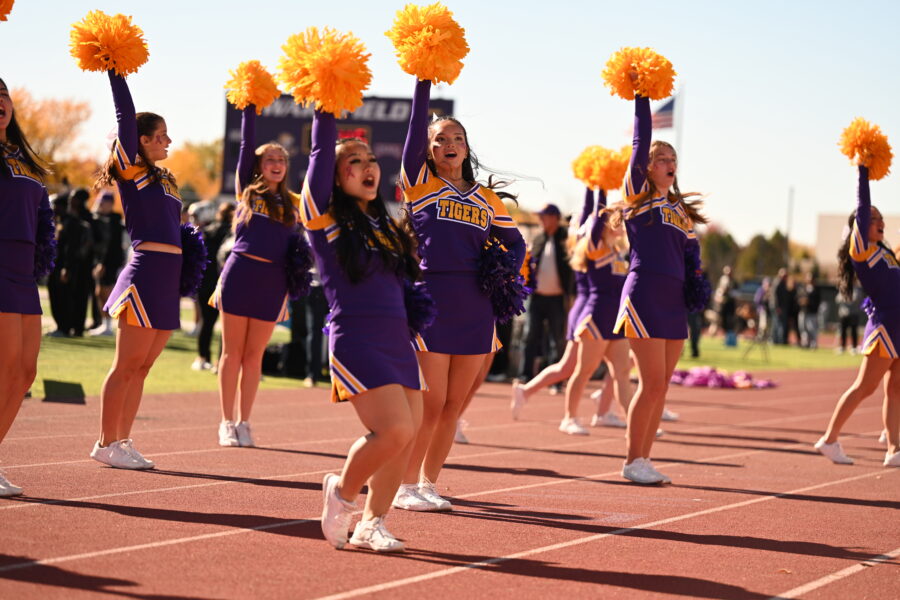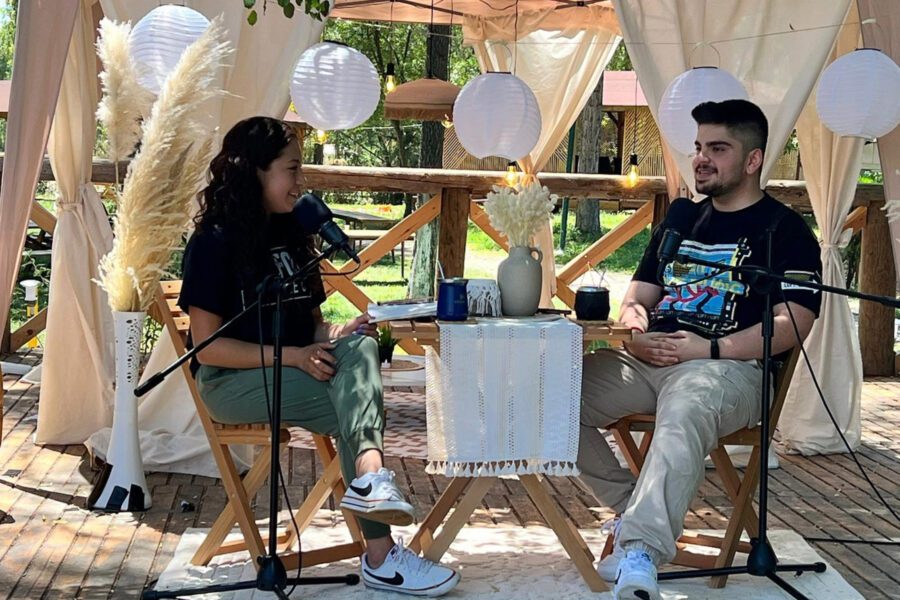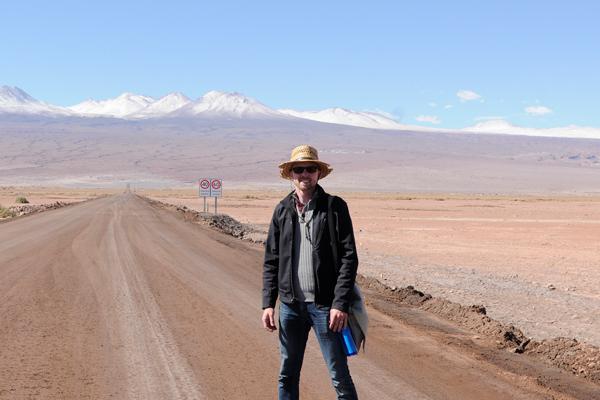
As one of only nine participants selected by The Astronomy in Chile Educators Ambassadors Program (ACEAP), Dr. Stephen Case ‘05 of Olivet Nazarene University expanded his knowledge in Chile during summer 2018. He is a professor in the Department of Chemistry and Geosciences, and the director of Olivet’s Strickler Planetarium, which hosts numerous community and school groups for shows each year.
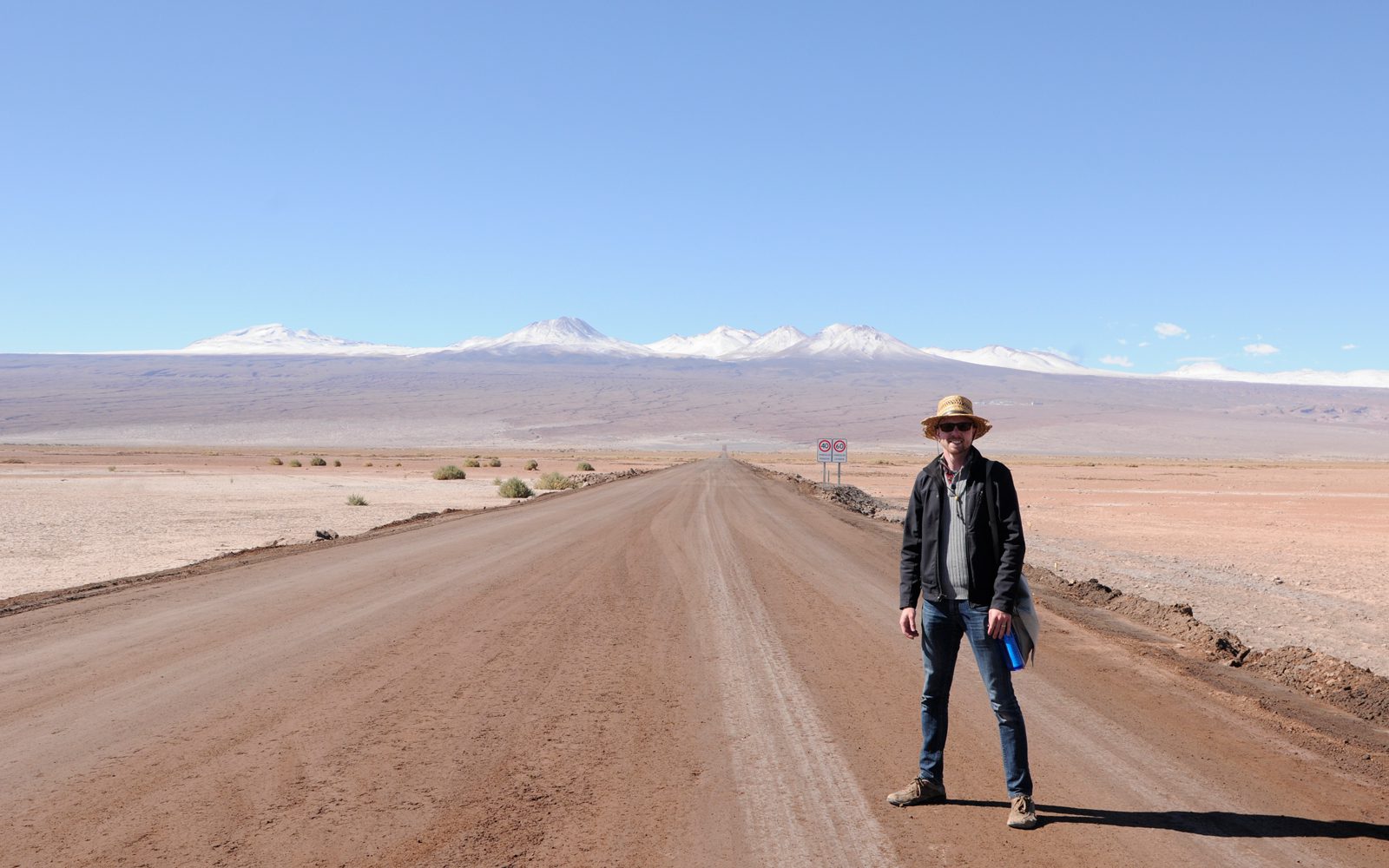
Dr. Case applied for this competitive ACEAP program that is sponsored by the National Science Foundation (NSF). Each year, applicants from across the U.S. apply, and ACEAP selects a cohort to participate.
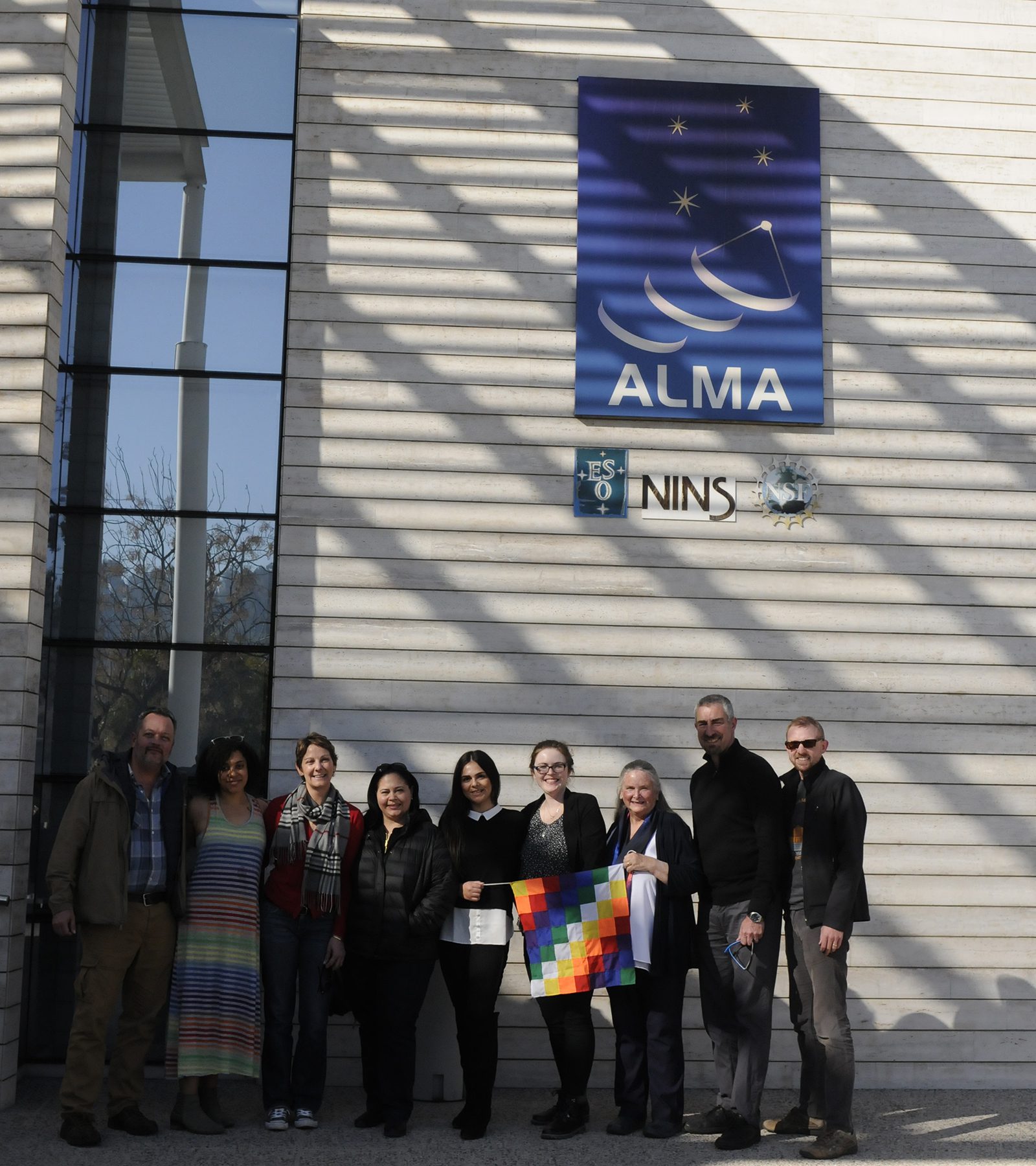
Those chosen are active in sharing astronomy with their local communities and are strong communicators. One of their assignments is to inform those in their network of influence about the advances in astronomy that are taking place in Chile.
Chile is often referred to as the astronomy capital of the world. In the next decade, Chile will possess 75 percent of the world’s telescope capabilities. Nations all over the globe are investing resources in building and operating giant research observatories there.
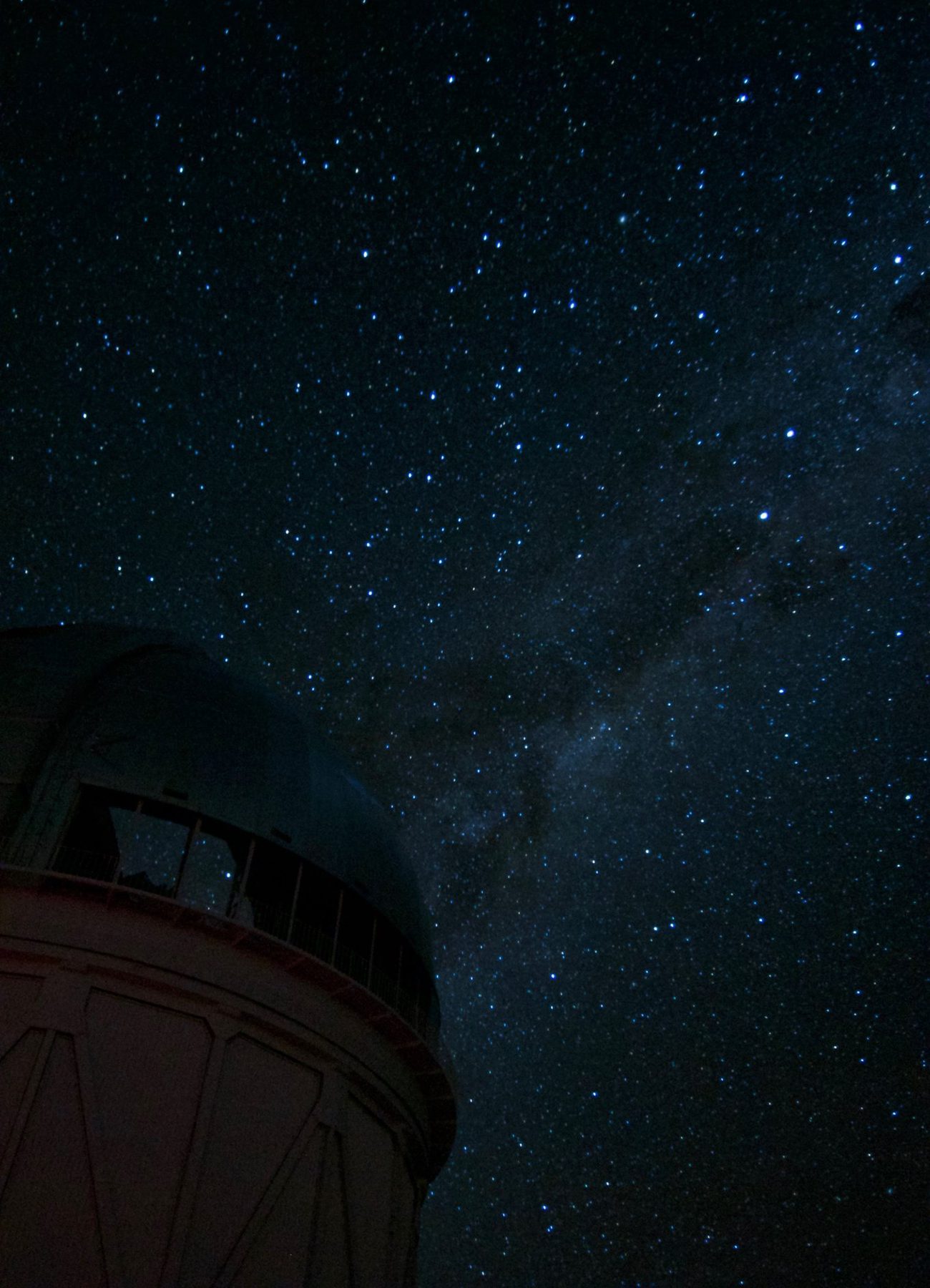
“While I was in Chile, everywhere I pointed, I saw something new,” says Dr. Case.
During the eight-day experience in Chile, Dr. Case and the group observed five astronomical observatories that are currently funded by NSF. They also learned about telescopes and studied the differences between the observatories. Lectures they attended were on educational outreach and the impact science is having in observatories. Group discussions among these astronomy experts focused on educational outreach, tax money, agencies and the science in observatories.
“Spending time with the other eight ambassadors was incredible,” he says. “They are just as passionate about astronomy education as I am. And seeing the stars from the Southern Hemisphere for the first time was mind-blowing.”
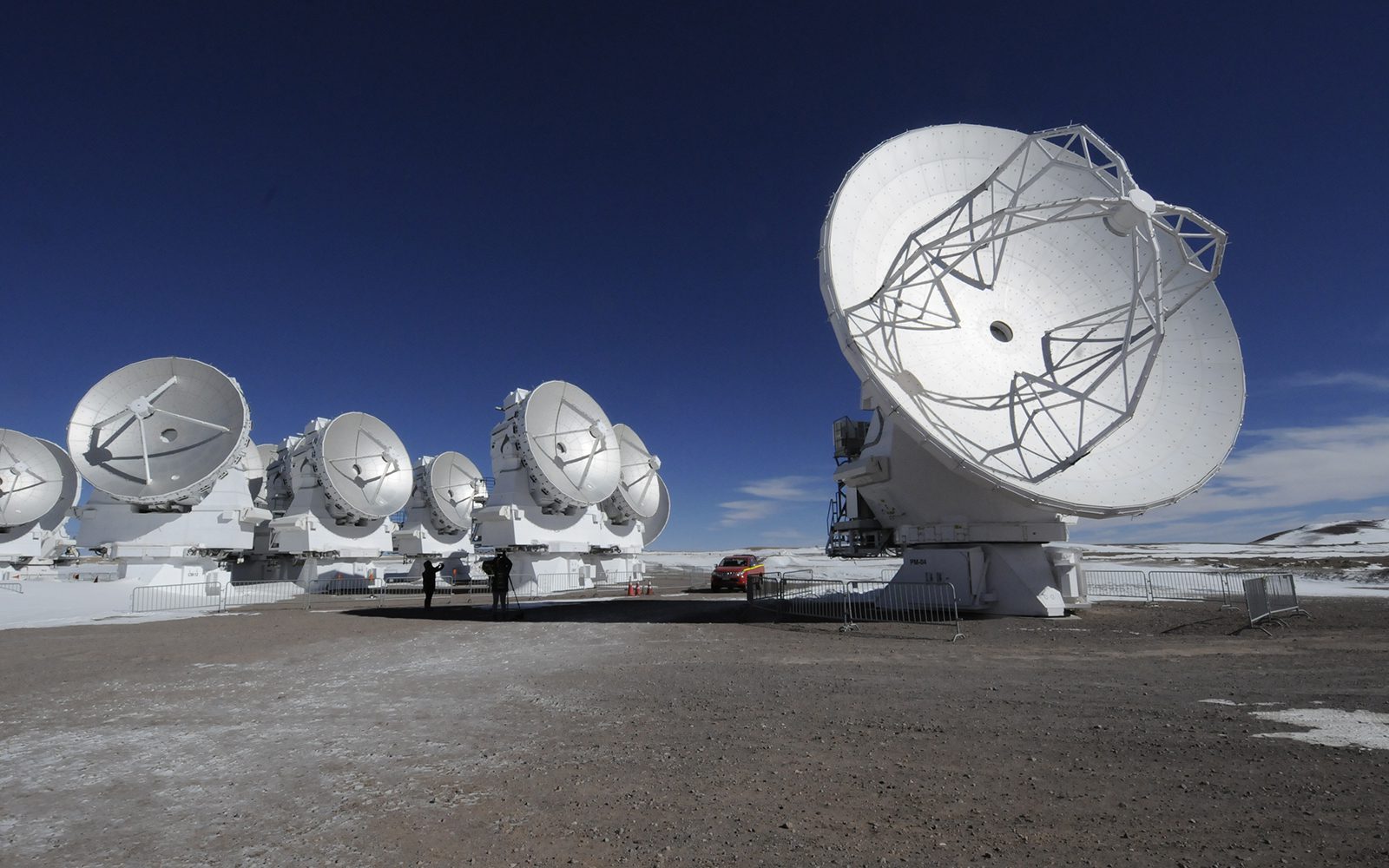
One of the observatories they visited was ALMA (Atacama Large Millimeter-Submillimeter Array) Observatory, home of the world’s most advanced radio telescope. It can spot very distant galaxies and is located at an altitude of 16,500 feet. Reaching it was a challenge for the group, especially while hauling tanks of oxygen to breathe.
“In Chile, astro-tourism has become a major attraction,” Dr. Case says. “There’s a variety of observatories, and people are able to set up telescopes and observe clear, dark skies. The constellations they can see there are completely different from the constellations we see in the northern hemisphere.”
To learn more about Olivet’s areas of study in the geosciences, contact the Office of Admissions at admissions@olivet.edu or 800-648-1463.
Photos submitted by Dr. Steve Case. Used with permission.
Published: 9/21/2018

